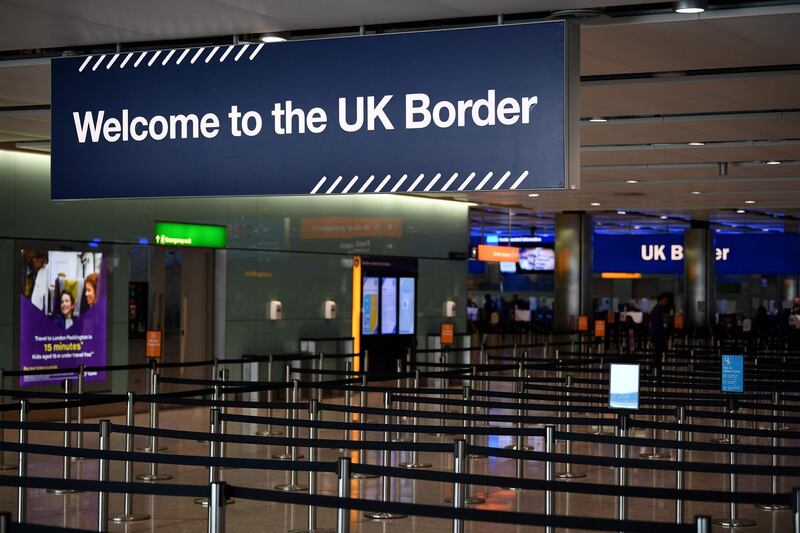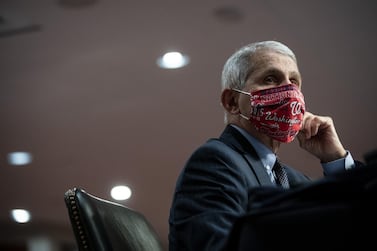International travellers could face fines of £1,000 if they break the UK’s planned new coronavirus rules to self-isolate for 14 days after arriving in the country.
The plans, due to be revealed later on Friday, are expected to be introduced early next month with the only exemptions for arrivals from Ireland and a few selected professions.
Health officials will be allowed to carry out spot checks to ensure people are following the rules, with fines levied on those who are not, according to details of the proposals in British media. The rules would apply to arrivals by ferry, aircraft and via the train service from France.
The measures, expected to be outlined by the home secretary, Priti Patel, are aimed at preventing a second wave of infections in the UK.
The UK has suffered more than 36,000 deaths from Covid-19, the second-highest in the world behind the United States. But the airline and travel industry has warned that the rules could cause further economic damage following a wave of planned lay-offs across the sector.
The chief executive of Ryanair, Michael O’Leary, described the plan as “idiotic” and unimplementable. “You don't have enough police in the UK,” he told the BBC and predicted that the plan would be gone by June.
The World Health Organisation suggested in February that restrictions had a limited impact on the spread of the virus and measures that “significantly interfere with international traffic” may only be justified at the beginning of an outbreak.
It said: “In certain circumstances, measures that restrict the movement of people may prove temporarily useful, such as in settings with few international connections and limited response capacities.”
Thirty-eight countries including New Zealand, the US and South Korea had reported measures by February 27 that affected international traffic such as denying entry to travellers, visa restrictions and quarantines.
The British proposals are expected to apply to both foreign travellers and Britons returning from abroad.
Exemptions are expected to be put in place for lorry drivers, medical officials and diplomats, according to media reports. Travellers will be asked to fill in a form with their contact information to allow checks to be carried out.
Brandon Lewis, the Northern Ireland secretary, said the plans would be reviewed every three weeks. “The reality is we are saying to people, if you are going abroad, you need to look at the fact you may well need to quarantine when you come back,” he told the BBC.








